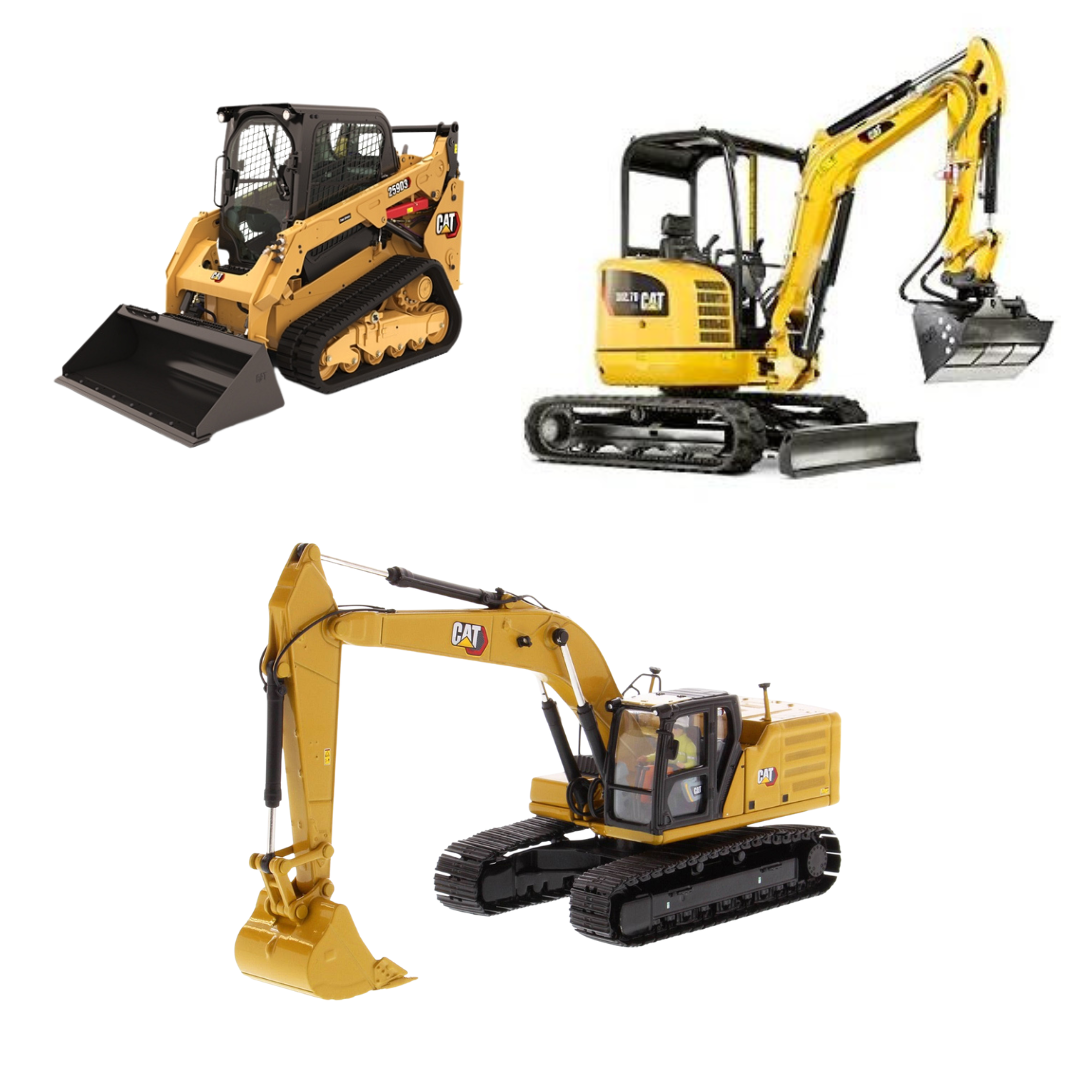Dozer Rental: Powerful Earthmoving Tools for Your Construction Demands
Wiki Article
Optimize Your Budget Plan by Understanding the Prices Connected With Building Tools Leasings
Comprehending the complete scope of expenses connected with construction equipment leasings is critical for maximizing your budget plan. What approaches can be employed to efficiently handle these prices and make certain a more efficient rental experience?Overview of Rental Prices
When considering building and construction devices rentals, comprehending the associated expenses is vital for efficient budgeting and job preparation. Rental expenses can differ dramatically based on numerous factors, consisting of equipment type, period of rental, and place. The first rental charge usually shows the tools's market demand and its connected functional capabilities, influencing the total expense.Along with the base rental rate, supplementary prices might occur, such as transport fees, fuel additional charges, and upkeep charges. It is important to account for these extra costs to properly examine the complete cost of renting devices. In addition, the rental duration can impact prices; longer leasings might get discounted rates, while short-term leasings may sustain greater everyday charges.

Breakdown of Rental Rates
A comprehensive understanding of rental prices is crucial for service providers and task supervisors aiming to optimize their budgets. Rental prices for building and construction devices usually include several parts, consisting of base rates, time-based charges, and use charges.Base rates are the core costs connected with the leasing of the equipment, usually established by the type and size of the equipment. These rates can differ substantially, influenced by factors such as tools demand, availability, and local market trends. Time-based costs, which may be daily, weekly, or monthly, offer to fit different task timelines and rental durations.
In addition, rental rates may consist of usage charges, which are appropriate when equipment is used beyond a defined threshold, making sure that the rental company can make up deterioration. Seasonal need changes can additionally impact rental prices, with peak building periods usually regulating higher costs.
Furthermore, understanding the rental company's policies concerning upkeep and insurance policy can give additional understanding right into the overall expense framework. By evaluating these parts, professionals can make enlightened decisions, making sure the option of rental equipment lines up with both task requirements and budget plan restraints.
Added Costs to Consider
Understanding the complexities of extra charges is vital for service providers to handle their total service expenditures effectively. Beyond the standard rental rates, various additional charges can considerably impact the total cost of equipment service. These costs usually consist of delivery and pickup costs, which can differ based upon range and logistics associated with transporting the equipment to and from the work website.In addition, some rental business may impose gas additional charges if the devices is returned with less fuel than when rented out. It is additionally important to be conscious of prospective cleaning costs, especially for specific equipment that calls for complete maintenance after use.

Completely evaluating the rental arrangement and clearing up these additional costs in advance can aid specialists guarantee and avoid unanticipated expenses that budget plans stay intact throughout the job lifecycle.
Upkeep and Repair Work Expenditures
Routine repair and maintenance expenditures are typically overlooked aspects that can significantly affect the total cost of building and construction equipment leasings. When renting out equipment, it is critical to consider not just the rental costs but likewise the possible costs connected with maintaining the equipment in optimal operating condition.Several rental companies include fundamental upkeep as component of the rental agreement; nevertheless, a lot more unexpected break downs or substantial fixings can bring about additional expenses. It's necessary to assess the rental agreement carefully to understand what maintenance solutions are covered and what obligations fall on the tenant.
In addition, tools that is not properly maintained can lead to inefficiencies on duty site, potentially causing delays and enhancing project costs. To mitigate these risks, it is advisable to conduct regular inspections and keep open interaction with the rental carrier pertaining to any kind of concerns that develop during use.
Insurance and Liability Prices
Insurance policy and obligation expenses are vital components that can significantly influence the total cost of construction equipment services (rental company near me). These expenses ensure that both the rental firm and the client are protected from possible monetary losses arising from crashes, damage, or burglary throughout the rental period
Additionally, customers should understand any kind of deductibles or exclusions in the insurance plan, as these can impact possible out-of-pocket expenses. Comprehending the terms and problems of any insurance policy protection is important to prevent unanticipated costs. Eventually, budgeting for insurance coverage and responsibility expenses can assist make certain a smoother rental experience and protect against monetary threats connected with construction jobs.
Verdict
Finally, an extensive understanding of the expenses related to building and construction tools leasings is essential for effective budget plan monitoring. By assessing rental rates, additional fees, maintenance expenditures, and insurance policy needs, people and companies can minimize unexpected expenditures. This strategic approach not only enhances cost-effectiveness yet additionally makes certain that tasks proceed efficiently and effectively. Eventually, notified decision-making concerning devices rentals contributes to the overall success of building and construction undertakings.Rental expenses can vary significantly based on a number of aspects, consisting of equipment kind, period of leasing, and location (boom lift rental). The rental duration can affect rates; longer leasings may certify for discounted prices, while short-term services might sustain higher day-to-day fees
By performing complete research and involving with trusted rental companies, specialists can effectively browse the complexities of rental prices, inevitably maximizing their economic resources.
Beyond the standard rental rates, numerous supplemental costs can considerably influence the total expense of tools rental. Rental business usually offer responsibility insurance that covers injuries to third events or damages to home, while tools damage insurance can cover the expense of fixings or replacement if the rented devices is harmed.
Report this wiki page